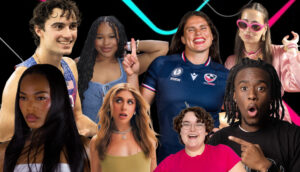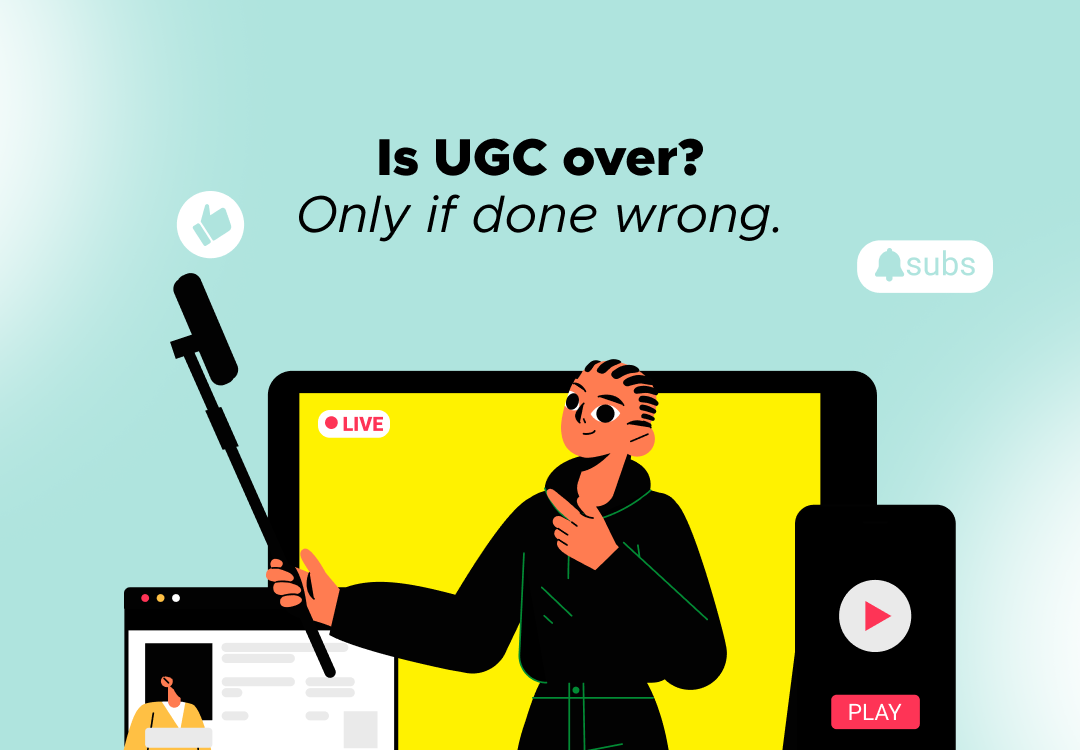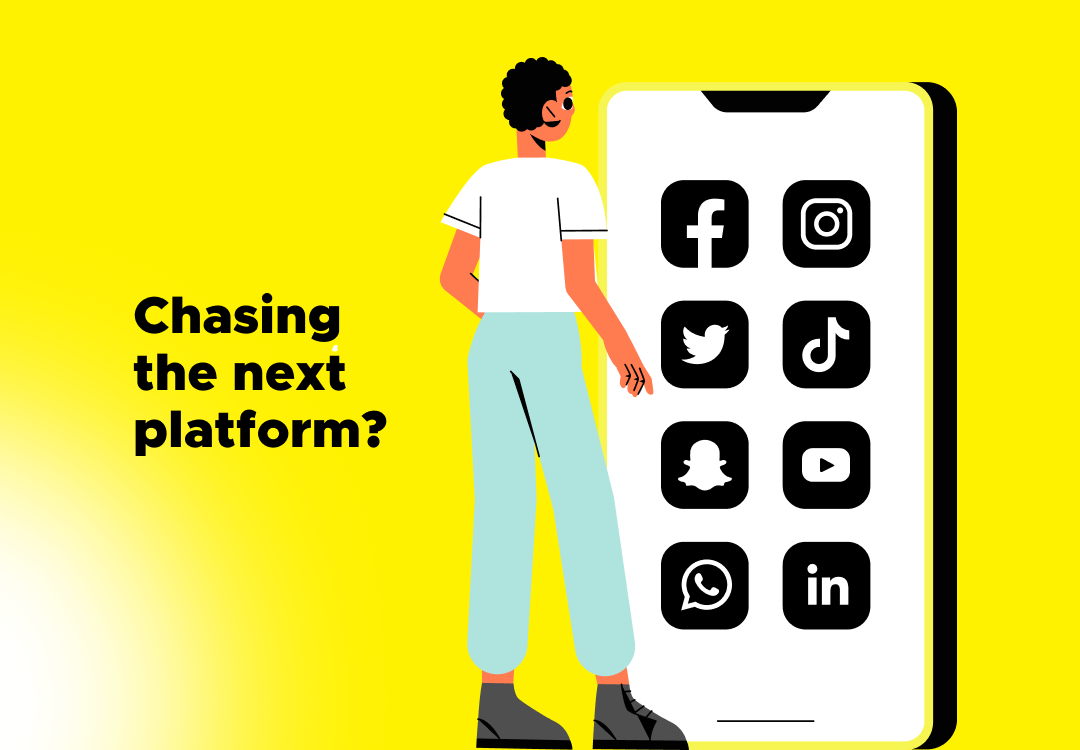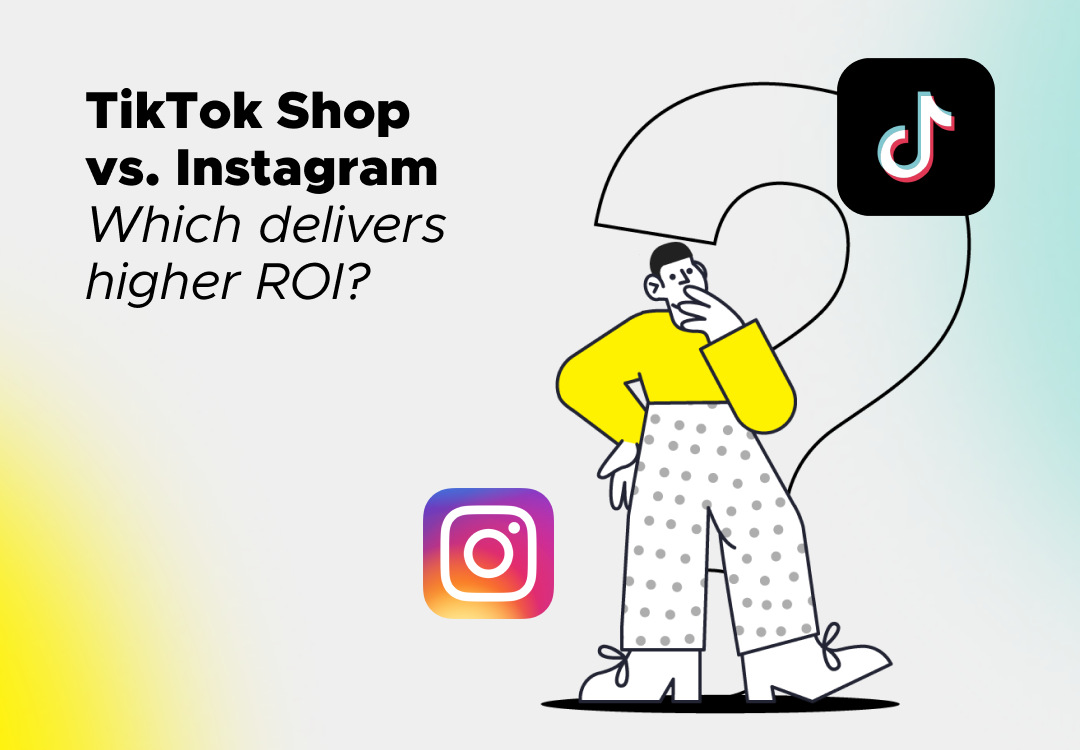Gen Z’s rising creators: Who’s actually moving internet culture in 2026
The creators defining 2026 aren't chasing viral fame or million-follower counts. They're building authentic communities, leading with values, and proving that real influence comes from connection.
October 30, 2025

The digital influence game has completely changed. The Gen Z creator class of 2026 isn’t about follower counts or flashy brand deals anymore. It’s about authenticity, values, and genuine connections in an increasingly crowded space. These are the voices rewriting internet culture, one post at a time.
The creators moving culture in 2026
Forget the mega-influencers you think you know. The people truly shaping internet culture in 2026 span every niche and bring something radically different to the table. Here’s who’s actually making waves:
Authenticity and lifestyle:
- Brooklyn Frost – Twitch streamer showing what’s possible with authentic dream-chasing
- Bran__Flakezz – Created TikTok Transparency series demystifying the creator economy
- Mickycashflow – Posts like no one’s watching, inspiring others to embrace authenticity
- Ella.yurman – Standup comedian, delivers “no-budget transgender television” with “Going Down”
- Ladymisskay_– Dallas creator building community with candid takes on trans rights and social issues.
Fashion and beauty:
- Cortisa Star – Championing Black trans visibility as model and musician
- Emira D’Spain – Redefining beauty influence by bringing her crew along for opportunities
- Sophie Cohen – Self proclaimed “queen of pink and vintage”, “Soco” shows her colorful style and business with mom and vintage shop owner.
- Mira Al-Momani – Pushing sustainable fashion and body positivity with daily GRWM content
-
Ginney van Eijkelenburg – the big sister we never had – and the most fashionable one.
Comedy and entertainment:
-
Eric Sedeño – Charming and funny – and multiple personalities shown in skits and comedic content
- Grace Reiter – Challenging beauty standards with humor and body positivity
- Anania – Using comedy to tackle social issues and create safe spaces for LGBTQ+ communities
- Sabrina Brier – Creating quotable comedy skits as “That Friend Who Is Always Right”
- Quenlin Blackwell – Gen Z voice synonymous with internet content, from Vine Veteran to Victoria’s Secret model
Gaming and streaming:
- Kai Cenat – The undefeated number #1 – Innovating streaming culture with events like “Streamer University” and breaking subscriber records
- IShowSpeed – Transforming IRL streaming with worldwide tours and cultural curiosity
- Valkyrae – “Queen of YouTube” building authentic community through variety gaming
- Pokimane – Top female Twitch streamer championing positive gaming communities
Empowerment and change-makers:
- Ezra Frech – Paralympic athlete normalizing disability through documentary “Adaptive”
- Nadya Okamoto – Turned period advocacy into August brand, now in Target and Whole Foods
- Blair Imani – “Smarter in Seconds” is not only her content series but her mission
- Ilona Maher – Rugby star championing women’s sports and body positivity with “take up space” message
What makes them different
These creators are part of the “un-influencer” movement, prioritizing radical authenticity over aesthetic perfection. They film in messy bedrooms, share real struggles, and show up without makeup or ring lights. With 94% of Gen Z using social media for entertainment and education according to Morning Consult research, these digital natives can spot fake content instantly. The creators winning right now understand that imperfection is the new perfection, and vulnerability is strength.
For brands looking to connect with Gen Z, the polished corporate content that worked for previous generations falls flat with audiences who value realness over perfection. Brands need to listen to how these creators communicate and embrace the same authenticity. Gen Z can immediately detect forced partnerships. The most successful brand collaborations in 2026 give creators creative freedom and align with genuinely shared values, not just one-off sponsorships that prioritize reach over resonance.
They’re also building communities, not just audiences. This generation sees no hierarchy between creators and viewers. Everyone’s a creator, some just post more. Platforms like Discord and Reddit have become unexpected hubs where fans connect and collaborate. The magic happens when audiences help design products, shape campaigns, or influence content direction.
Values and format strategies
Values aren’t optional for Gen Z creators. Nielsen research shows 73% of Gen Z consumers pay more for sustainable products, and they bring that energy to the creators they support. Ezra Frech normalizes disability representation, Nadya Okamoto turned period advocacy mainstream, and Cortisa Star champions Black trans visibility. These creators understand audiences want leadership and inspiration, not just entertainment.
Format-wise, these creators know how to capture attention. According to Smart Insights, the average person spends 2 hours and 21 minutes daily on social media. Jake Shane masters the 15 to 30 second comedic punch. Grace Reiter uses quick Reels to challenge beauty standards. But they’re also embracing “mid-form” content (2 to 5 minutes) when stories need depth. The real differentiator? Interactive elements. BABYMONSTER creates duet-ready content, Brandon Edelman uses polls and Q&As, and Anania’s comedy thrives on community response.
Platform strategy that works
TikTok wins for:
- Gen Z audiences (40% of TikTok’s user base)
- Viral campaigns and new creator discovery
- Social commerce and search (WARC found 64% of Gen Z use it as a search engine)
Instagram dominates with:
- Visual storytelling and trust-building
- Luxury brands and e-commerce integration
YouTube remains essential for:
- Long-form content and sustainable monetization
- Over 80% of Gen Z visited YouTube in 2024 according to GRIN data
The winning strategy? Napolify research shows hybrid campaigns using both TikTok and Instagram deliver 20% higher ROI than single-platform approaches.
Who’s really moving culture
The Gen Z creator class of 2026 is defined by authenticity over aesthetics, community over clout, and values over virality. With engagement rates falling (Instagram down 16%, TikTok down 34% according to Rival IQ), breaking through means creating content that truly resonates.
So who’s actually moving internet culture? It’s not mega-influencers with millions of followers. The real shift is driven by un-influencers, niche experts, and community builders who understand audiences crave realness over perfection. From Brooklyn Frost’s authentic streams to Ella Yurman’s no-budget television, from BABYMONSTER’s participatory K-pop to Nadya Okamoto’s activism-turned-brand, these creators prove influence isn’t about follower counts. It’s about connection, consistency, and showing up as your full self. They’re moving culture forward, one authentic post at a time.
Latest News ☕

When user-generated content stops feeling authentic – and what to do instead
February 21, 2026
The polished "casual" aesthetic of branded user-generated content has become so ubiquitous...

How to evaluate emerging platforms without wasting budget
February 19, 2026
As platform proliferation accelerates and marketing budgets face increased scrutiny, brand...

Which social commerce platform delivers better ROI?
February 14, 2026
As social commerce revenue in the US is projected to reach $107 billion by 2025, brands fa...


